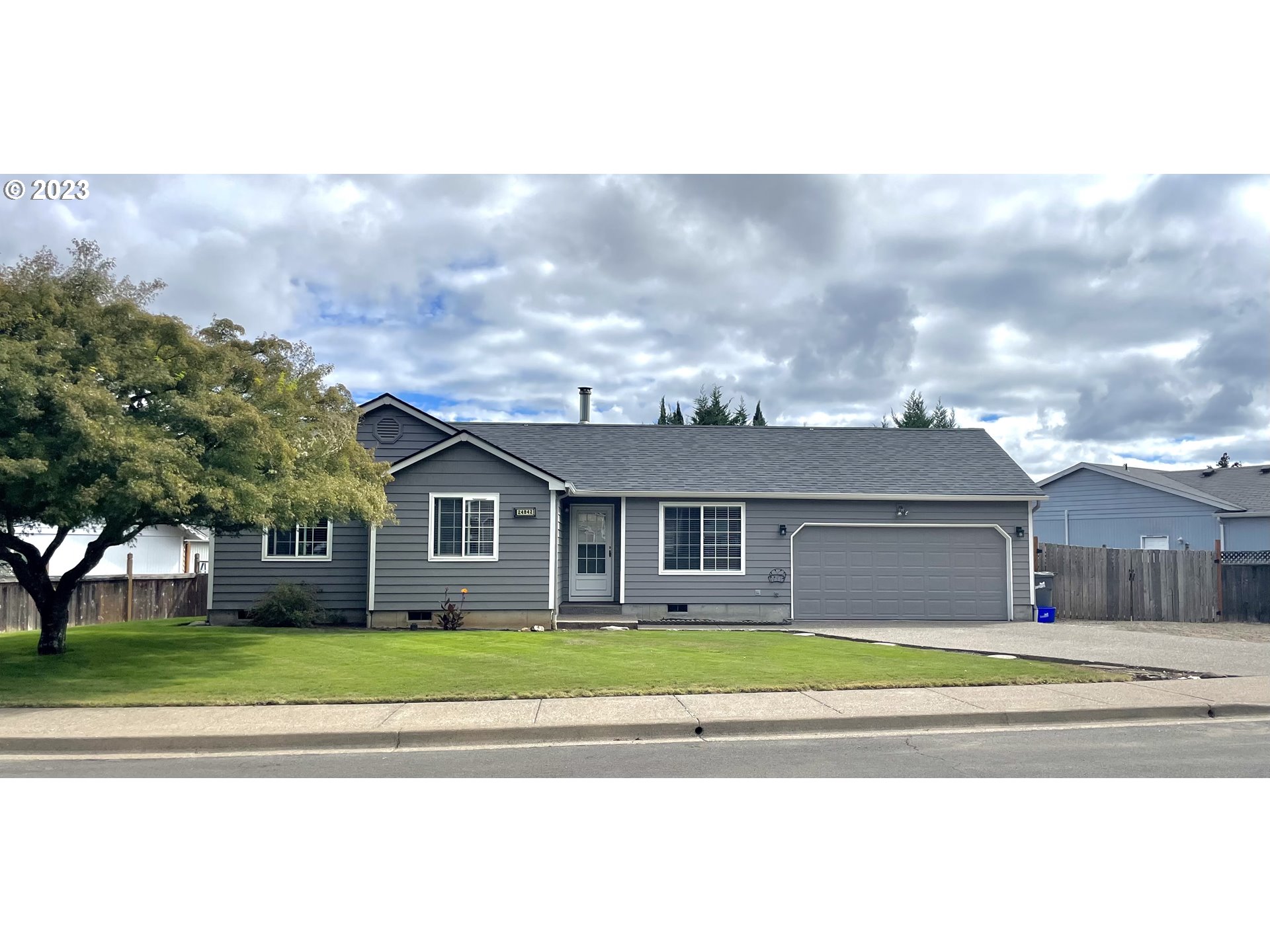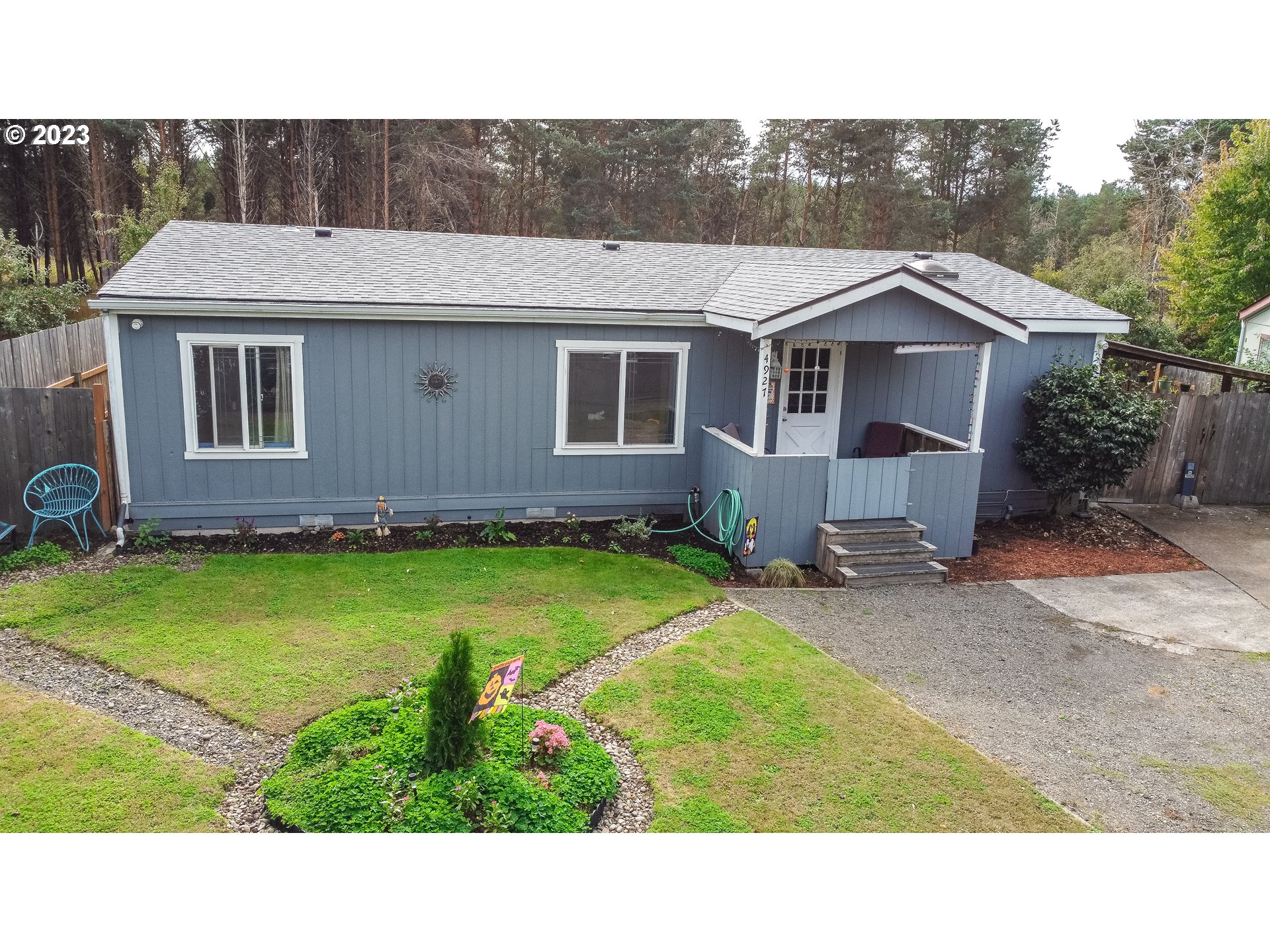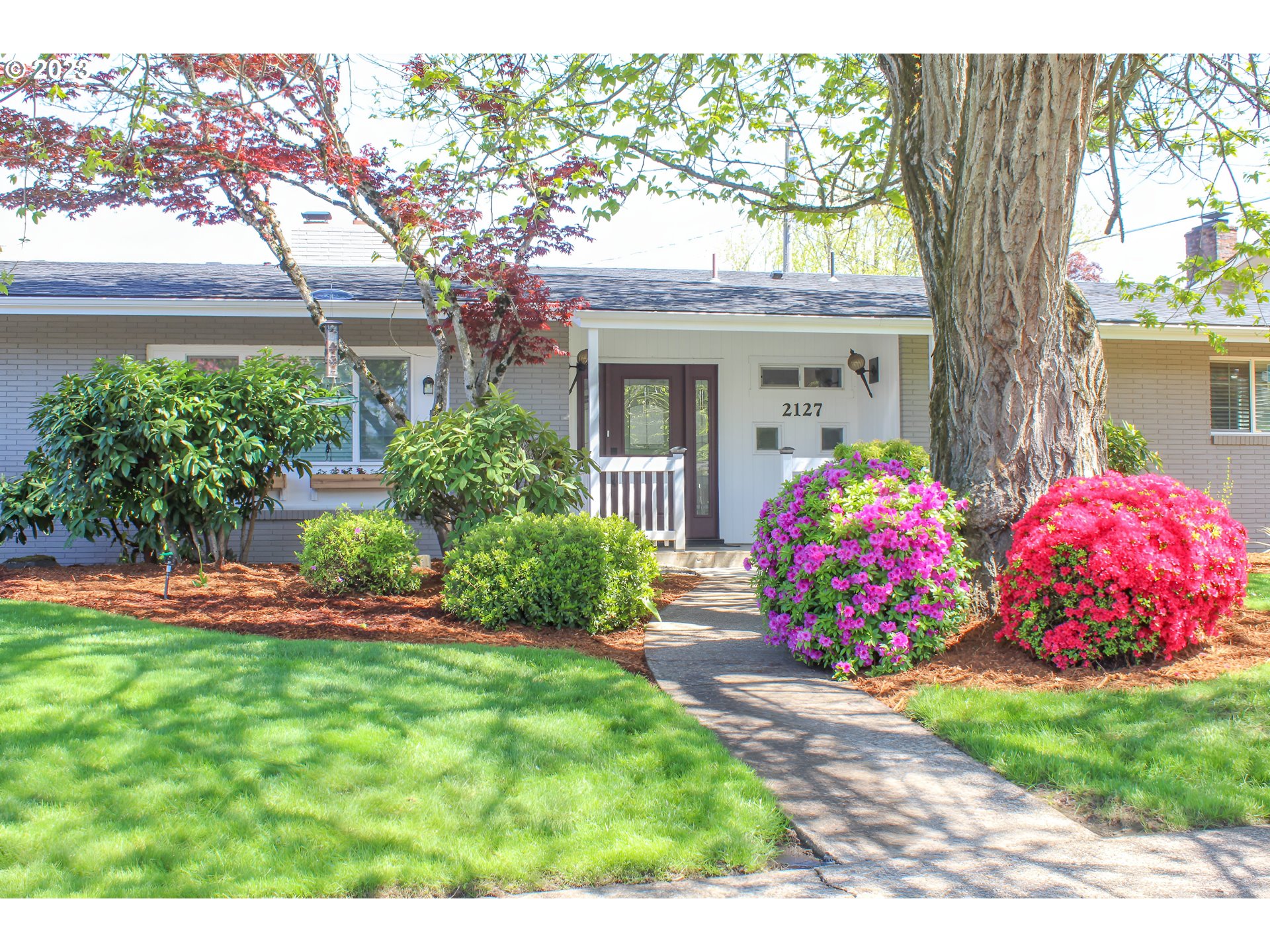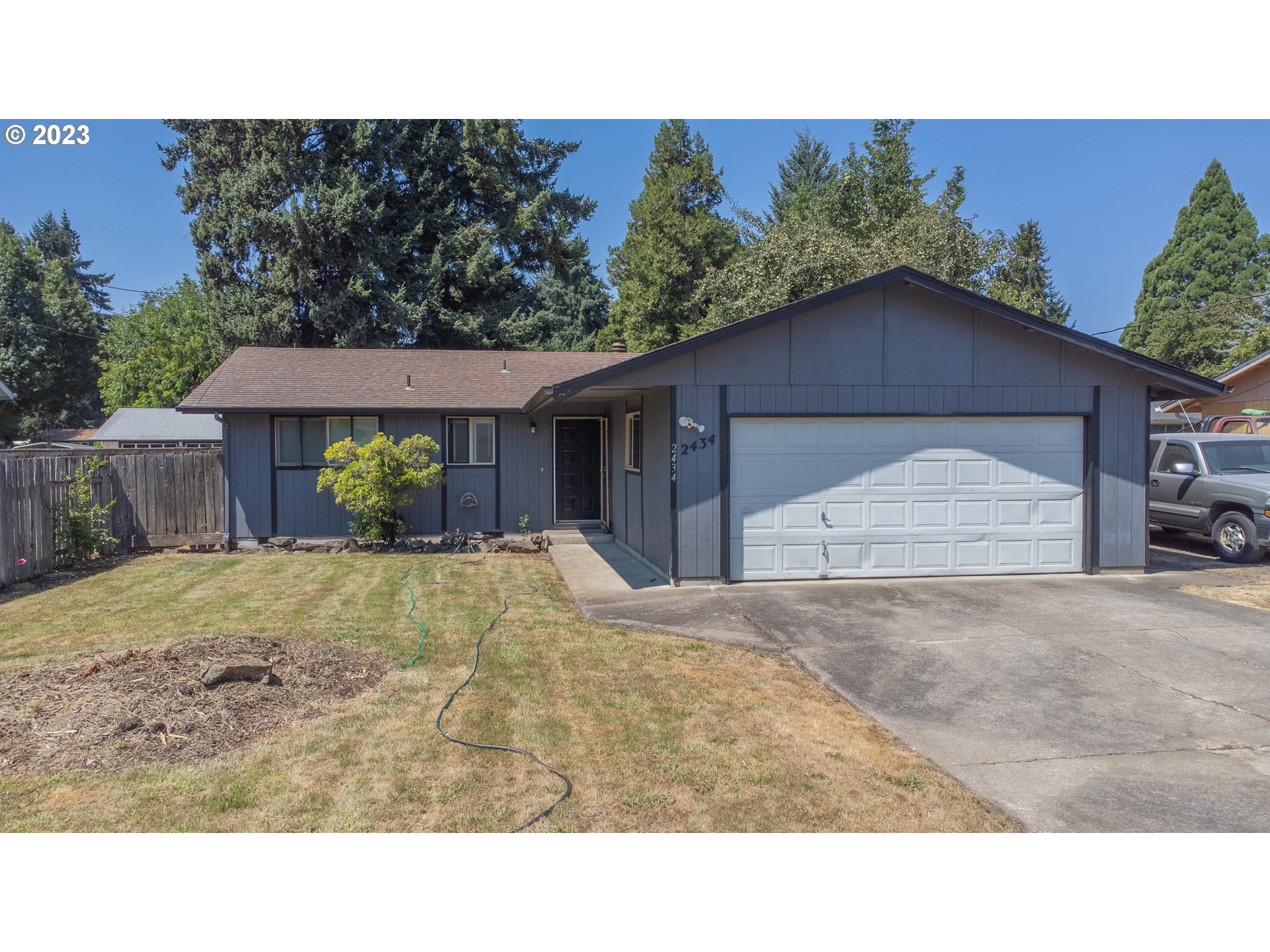Good Monday Morning!
One of the leading culprits with our slow Real Estate market in the Eugene and Springfield area and around the country is the low inventory of homes on the market for sale. Right now, there are clearly more home buyers than there are home sellers. This is true, even with increasing mortgage interest rates. The primary reason for the low inventory, is that most homeowners have either purchased a home or refinanced their home during the previous long stretch of low mortgage interest rates. The result of this is a lack of interest that homeowners have to give up their low rates in trade for higher rates on a new home. This is a situation that may not change any time soon. The following article from "NAR", gives some ideas and perspective for home sellers who would like to sell their home during this current market.
Selling a house can be a stressful process, particularly in today’s rapidly changing market. Although sellers enjoyed a strong seller’s market throughout much of the COVID-19-fueled housing boom rich with bidding wars and record-high prices, rising interest rates have shifted these power dynamics to the point that many prospective sellers might feel downright paralyzed by home-selling “what ifs.”
Like: What if I sell now, but then home prices rise? Or: What if I sell now, but then can’t find a new house? Will I regret selling so soon, or regret not selling soon enough?
What if, what if, what if?
In fact, sellers hesitating to put their homes on the market are part of the reason why the number of new homes entering the market has been down for well over a year.
If you’re one of the many homeowners who feel paralyzed by indecision, allow us to help you play out the various scenarios and move forward. Here are some of the top “to sell or not to sell” questions floating around today, plus a reality check weighted with expert forecasts rather than hearsay or fear.
‘What if I want to sell now, but feel locked in by my current low-interest-rate loan?’
A recent Opendoor survey found that out of all housing market issues, 77% of homebuyers and sellers are most concerned about high interest rates. As a result, many potential sellers are postponing their moves for fear of future affordability woes.
“According to the FHFA national mortgage database, 90%-plus of outstanding mortgages have interest rates less than 6%,” says Amit Arora, vice president of investments for Opendoor. “So there isn’t a huge motivation for many sellers to list.”
This tracks since 72% of sellers also plan to go out and buy a new house, and with current interest rates hovering around 7%, many sellers are afraid to give up their lower interest rate when they sell to then repurchase their next home.
Reality check: The truth is, high interest rates do not need to hold a seller back. For one, if sellers are sitting on any amount of home equity in their current home, selling could make them flush enough to make an all-cash offer (or near that) on a new house, circumventing mortgage rates.
Sellers can also snag a lower rate by buying down their rate with the lender, or shopping for new-construction homes where builders might offer rate buy-downs as well.
Another possible option: an assumable mortgage. True to its name, this is where you assume, or “take over,” the mortgage of the home you’re buying—as well as its low interest rate.
“You may be able to apply with the same mortgage company that the seller of the home you wish to buy uses and see if you can qualify to take over the existing mortgage,” says Jonathan Rundlett, regional owner of EXIT Mid-Atlantic.
‘What if I sell now, then home prices rise?’
Some sellers might hesitate to list their homes right now thinking that their property might appreciate even more in the near future—and then they’ll be sorry they sold it for less.
At the moment, prices might continue to go up some, but the escalation has seemingly slowed from pandemic times.
Realtor.com® predicts only a modest decline in prices of just 0.6% for 2023 as a whole.
So if you’re thinking of selling, you could wait; but you’re not really going to make that much more than if you sold now. That’s because most sellers are likely selling one house and using the funds from that sale to purchase another house. In this scenario, it is not as important to “time” the market to sell at the peak.
‘What if I wait to sell my property until interest rates drop?’
Some homeowners who are likely to sell in the near future are waiting on the sidelines for interest rates to drop because they believe that if a buyer is able to get a lower interest rate, they will be willing to pay more for the house. However, supply and demand play a big role in determining home values, and this might not play out the way sellers imagine.
“Since many people are waiting for this same interest rate decline, there may be a large amount of properties that hit the market at the same time,” says Rundlett. “This increase in supply typically results in a reduction of prices.”
At the moment, however, data shows that there is still limited inventory and great demand for housing, which is why prices have continued to increase despite the higher interest rates.
“There is currently a very limited supply of homes available,” says Rundlett. “So it is likely better to sell your house now, rather than waiting and then trying to sell your house when there are many more properties for sale.”
‘What if I sell now, but mortgage rates rise higher before I buy another home?’
This really comes down to the reason you are selling.
“As I tell clients every day, interest rates do not determine if you are going to sell or buy a new home. What drives your move is far more important than an interest rate,” says Mason Whitehead, a Dallas-based branch manager for Churchill Mortgage.
Whitehead says when people have to move, it is usually for any one of these reasons:
- They have a growing family and need more space.
- They want to move into a better school district.
- They are moving for their job.
- They are moving to be closer to family.
- The are empty nesters, and they don’t need as much space.
“All of these are reasons we move, and whether the rate is in the 6% or 7% range doesn’t really matter relative to your quality of life and family needs,” says Whitehead.
He concedes that affordability is a big issue for his clients, but says it is often trumped by lifestyle needs.
So focus on the reason you are moving and not the rate—if rates drop, you can always refinance. If rates go up, you’ll be glad you locked in when you did.
‘What if I put my home on the market and it sells right away, but I need more time to buy a new property?’
Homes spend an average of 46 days on the market. That’s about two weeks longer than last year, but still shorter than before the pandemic. Since homes are selling faster in general, you need to make sure you aren’t thrown for a loop if you list your home and immediately get offers.
If you think you’ll need even more time, there are ways to negotiate with a buyer.
“You could include a contingency clause that allows you to find a home before completing the sale,” says real estate expert Michael Gifford, CEO of Splitero.
You could also request a closing date that is longer than the usual 30 days to give you more time to find a new residence.
Another option is a rent-back agreement, which allows the seller to stay in the house as a tenant of the buyer for a period of time after the sale is complete.
“Most lenders will allow a buyer to offer up to 60 days for the seller to lease back the property after the sale is complete to give them additional time to find a property and move,” says Rundlett.
‘What if I sell now but can’t find a new home in the area where I want to live?’
This is certainly a risk these days. However, even in a low-inventory environment, there are always some homes available, and depending on where you’re moving, the market might be better supplied.
If you really want to live in the same area and just can’t find another home that fits your needs, you could decide to stay put and instead remodel.
“Consider accessing your home equity to update and renovate your current home to satisfy what you’re seeking in a new home,” says Gifford.
Another option to consider is looking at new construction. While in the past new construction was always thought to be more expensive, today new homes might cost less than resale homes thanks to factors like builder incentives.
In fact, recent statistics show that new-home sales are increasing while the sale of existing homes is dropping, shifting home sales more toward new construction for the first time since 2008.
‘What if my home needs a lot of repairs but I can’t afford to fix them before selling?’
To get the highest price for your house, it is ideal to put it on the market with most items updated and few, if any, repairs needed. Turnkey homes are what most people are looking for, so they create the greatest demand. However, some homeowners do not have the money to update or make repairs before selling.
Fortunately, it is still possible to sell your home as is. And some buyers are looking for properties where they can build some sweat equity.
“But as a seller, your expectations need to be realistic to know that you won’t get top dollar for your house if repairs or updates are needed,” says Rundlett.
If a significant issue arises during the home inspection—such as structural problems or major systems in disrepair—and you can’t afford to fix it but you still want to close the sale, the best option in that scenario is to obtain repair estimates and negotiate with the buyer to find a solution that works for you both.
“You can offer the buyer a credit or price reduction to account for the necessary repairs, allowing them to address the issues on their own after the purchase,” says Gifford.
The buyer will have the option of continuing with the sale or voiding the contract if they have an inspection contingency.
‘What if I list my home and it doesn’t sell for the price I want?’
According to a recent Opendoor survey, 36% of sellers expect an offer above their asking price, whereas 73% of buyers plan to offer a bid below the list price. Obviously, in order for there to be a sale, both sides are going to have to give a little.
Keep in mind that even if you have a sale price in mind, it might not be realistic.
“Research comparable sales in your area to determine if the offers match the current market,” says Gifford. “You may need to adjust your expectations if market conditions have changed.”
If you feel like the offers you’re getting are too low—or you’re not getting offers at all—you might consider improving your marketing strategy by getting professional photographs, virtual tours, or targeted advertising to reach a wider audience.
And even if you don’t get the exact price you want, the good news is that both prospective sellers (76%) and buyers (80%) indicate a willingness to make some concessions to ensure a mutually beneficial sale.
Have An Awesome Week!
Stay Healthy! Stay Safe! Remain Positive! Trust in God!
THIS WEEKS HOT HOME LISTING!

24842 Kingpin Loop, Veneta, OR
Price: $344,000 Beds: 3 Baths: 1.5 SqFt: 1030
Don't miss out on this beautifully updated home, nestled in a wonderful neighborhood of upkeep homes. Vaulted ceilings and large windows with open concept make this home spacious and bright! It's been immaculately cared for with a large fenced yard...View this property >>
AND HERE'S YOUR MONDAY MORNING COFFEE!!










